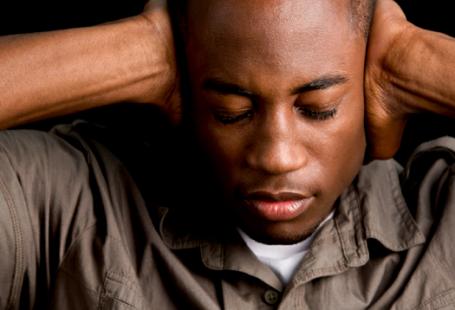
In all fairness – there is nothing really special about the “black man”. He has no special intelligence, nor has he any special talents more than any other man who was born and nurtured in any other race. He is no more righteous nor is he more evil than any other. He has no monopoly on the beneficence of The Almighty, nor any special corner in the region of hell. Like all men the “black man” is just a man – just a man. And so, it is unfortunate that when his genius is discovered and when his success is celebrated that they are often couched in the social construct of his race and not in his individuality nor in his humanity.
Given opportunities that were once denied to him it is unfortunate that his achievements have been viewed by others with a panoply of reactions. This includes shock, dismay and even a queer attitude of admiration which reeks of a paternalistic condescension – as when a mother marvels at the sound of her toddler saying, “Momma!”, for the first time, or when a father laughs, gleefully, at his child’s first steps. Perhaps such reactions were born mostly out of a sense of relief that their offspring was “normal” than out of one born from the fact that such developments are part and parcel of normal human growth and development.
Who gets an award for respirating, for masticating or even for defecating? Nobody, absolutely nobody! Why? Because they are all natural bodily functions, and though they are each crucial to life they are, in a word, “givens”. They are “common place” or “routine”, so much so that they are taken for granted until impaired by disease, threatened by violence or preempted by death. Like them, such ought to have been the case with the “black man” who has and who continues to do what is expected of any man. And so, “Afro-American” or “Black” history – which tracks his progress – is both unnecessary and unfortunate.
It is unfortunate that despite the swells which he has infused into to the ocean of human experience, and after a long and ever increasing parade of his gifts – that he remains, to some degree, in doubt of himself and that others share in his, sometimes, willful ignorance in that regard. The society into which he was forcefully engrafted – in an attempt to stem or stymy what comes naturally to everyman in him – raises questions about their own self esteem and the power or influence that they wield. Why fear a child who is now able to say: “Momma!” or to take umbrage with his “first steps”? Racism – which tracks their progress – is both unnecessary and unfortunate.
Somebody needs to tell those antagonists of the “black man” that their “slip is showing”, or that their “fly is unzipped” – revealing things best left to the privacies of their indiscretions. They are conveying “too much information.” Their hubris is their undoing – their Achilles heel. Their anxiety betrays them and belies what they really think of the power of the “black man” – who was so derisively named by them. To borrow from Shakespeare – They “doth protest too much, methinks.” But, I digress, as there is nothing special about the “black man”, as he is just a man. And, yet, perhaps, this writer is wrong based on how “white folks have been ah behavin’ lately.” Unfortunate, very unfortunate – indeed.



